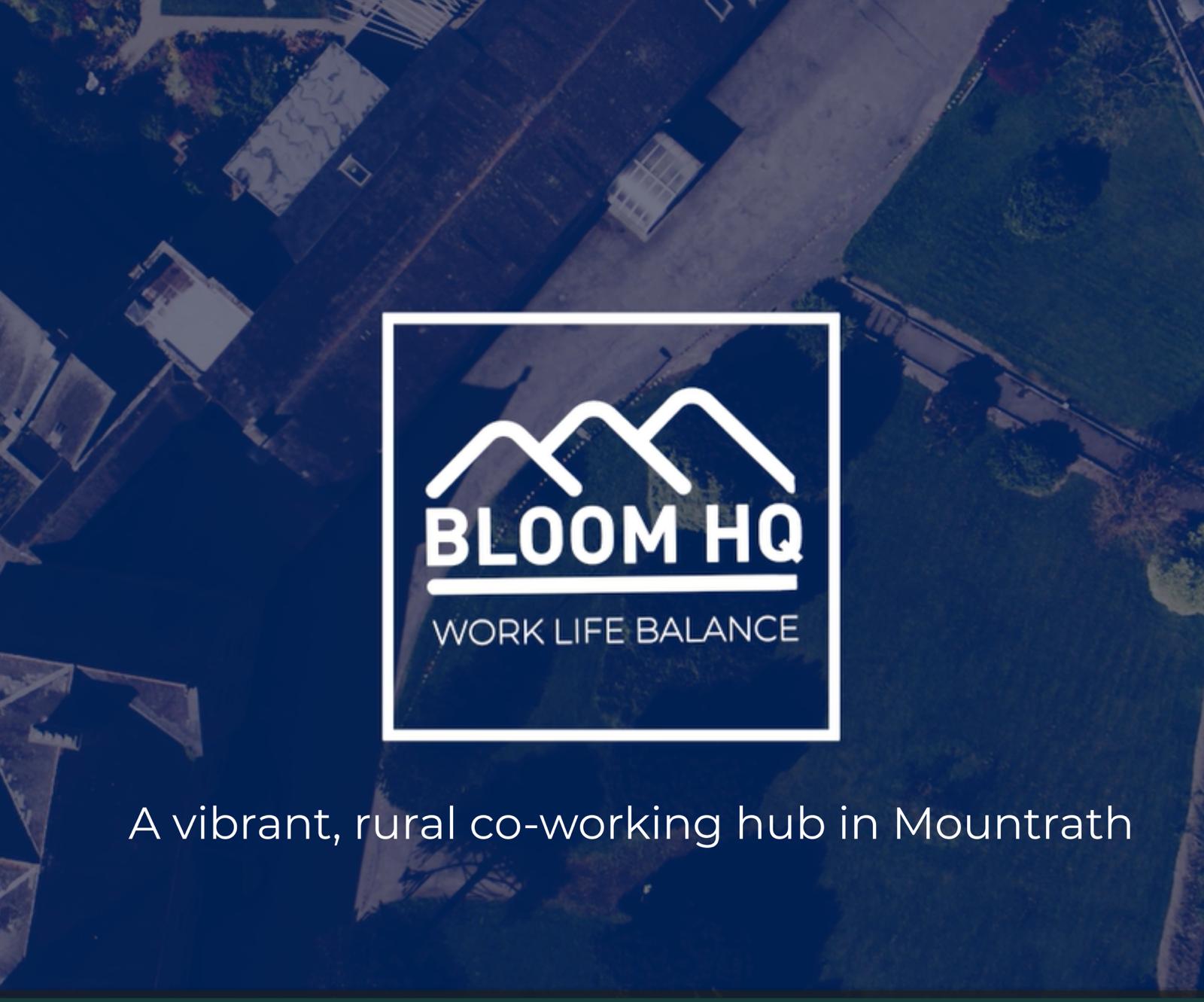The Aubrac breed’s versatility across various Irish farming systems will be the theme of Cathal and William Bannon’s farm open day on Saturday, October 12.
The Portarlington-based farmers, in conjunction with the Irish Aubrac Cattle Society, will demonstrate the breed’s potential across:
- Dairying (including calf-rearing, finishing and breeding first-crosses from the dairy herd);
- Suckler farming (commercial and pedigree);
- Alternative (organics).
The Bannons have been crossing Aubrac bulls on their dairy herd since 2016 and breeding 17 pedigree breeding females under the Wilcot prefix since 2017.
The Wilcot herd received the first-place prize for small pedigree herds in the society’s most recent herds competition, which is a testament to stock quality.
They have developed a particular interest in French Aubrac polled sires, which they have availed of through the society’s breed development programme, for their pedigree herd in recent years.
As Cathal explains: “Our venture into Aubracs is the result of curiosity. Relatives of ours had been using Aubrac straws on their dairy herd. They were drawn to their ease of calving and short gestation. Calves were well-conformed and easy to sell.
“I wanted to try the breed myself, so I purchased an Aubrac bull in 2016 and bred him to heifers. I have not looked back since, and that was eight years ago.
“Aubracs are our breed of choice when it comes to beef usage within our dairy herd on heifers and cows; we do not use any other beef breed. They are efficient feed converters, grade well and have high kill-out percentages.
“We retain our dairy-bred progeny until they are 18-months and sell them to finishers. We sell some dairy-bred Aubrac heifers to commercial suckler farmers, with growing interest from those in organics.
“For me, I have always liked something different. Aubracs tick all boxes, being easy calved, easy fed and easy finished.”

Selling Aubrac bulls to dairy farmers as an additional revenue stream to diversify the farm has been “another pull factor” for the Bannons.
They sell bulls predominately to dairy farmers, who have an opportunity to view the Bannon’s first-crosses, of varying ages, on-farm.
“As we keep progeny until they are older, we generally have the present and previous year’s crop of progeny on the ground, so farmers can see for themselves,” Cathal Bannon said.
“This instils more confidence in buyers, particularly those trying the Aubrac breed for the first time. We have built up a base of retaining customers over the years.”

The farm open day, which will feature guest speakers, will take place on Saturday, October 12, from 1pm to 3pm, with topics including:
- Preview of their pedigree Aubrac herd;
- The use of Aubrac on the dairy herd;
- Potential to use first-cross dairy Aubrac as a suckler cow;
- Fixed-time AI breeding protocol;
- Organic farming with Aubracs;
- The CBV – Commercial Beef Value.
The open day is targeted at calf rearers and buyers, dairy farmers thinking of using Aubrac on their herd, those in organics or considering this system, commercial suckler farmers, and pedigree breeders.
The event is free to attend and open to all members of the public.
SEE ALSO – Potential for sport and agriculture partnerships with Laois sister city, Franklin, Tennessee










